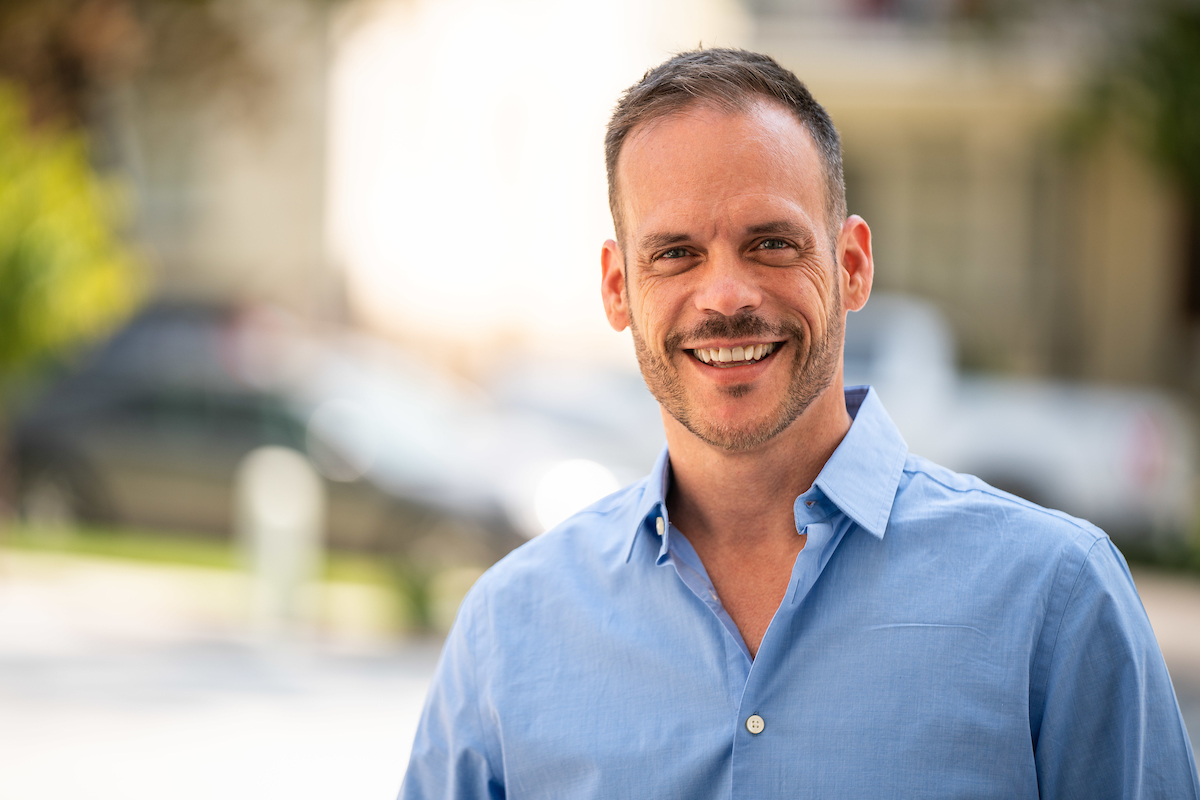Collaborating for Good at the Social Research Institute

The dark wood-laminate conference table in Philip Osteen’s office is new. So is Dr. Osteen—a new addition to the College of Social Work faculty and the new director of the College’s Social Research Institute (SRI). “I wanted to come to a school with a significant research infrastructure,” he said. And Dr. Osteen found just that at the U.
Shortly after moving from Florida to Utah, before he was even officially on the U payroll, Dr. Osteen attended a monthly “Culture of Health” meeting organized by University of Utah Health. The topic: suicide intervention and youth—Dr. Osteen’s area of expertise. The meeting brought together campus scholars and researchers, as well as community members, who are working in the areas of child welfare, pediatrics, medical examination, social work, and more. “It was such a great opportunity to connect with people and lay the groundwork for collaboration,” said Dr. Osteen. “I have not worked in an academic setting like this where people were so outgoing in their desire to collaborate.”
Collaboration also plays a significant role in his vision for SRI. Thus, the new conference table. Dr. Osteen wants to bring together faculty and staff with strong research skills, the scholars who know how to bring in federal research funding, colleagues with expertise in publication and knowledge dissemination, and community members embedded within different networks.
Dr. Osteen also plans to heavily utilize interprofessional and community collaboration for his own research agenda around suicide intervention and prevention work. Historically, he has focused on preparing practitioners to identify and assess suicide risk in adults and youth. Over time, that has shifted into developing and implementing the interventions utilized by these practitioners.
He explains that social workers provide about 80 percent of the mental health services in the country, and close to 90 percent of social workers will encounter a suicidal client at some point in their careers. “Utah has an extremely high rate of suicide,” said Dr. Osteen. The state has the 7th highest suicide rate in the country, and suicide is the number one cause of death for Utahns under the age of 25.
That’s another part of the reason Dr. Osteen is in Utah and at the U. “There’s so much potential to really make a difference here. It was an overwhelming desire of mine to be somewhere where there are so many opportunities to do good. How could I not be here?”
